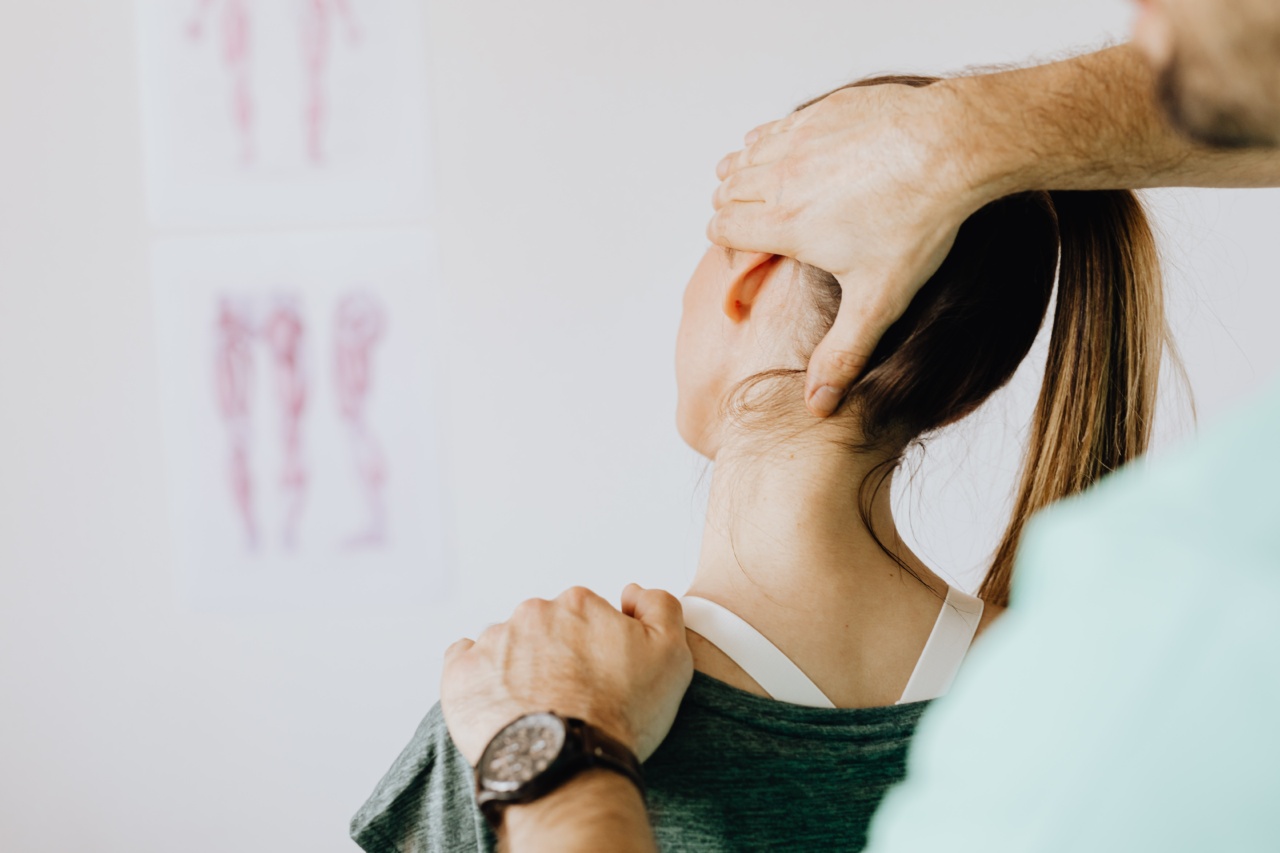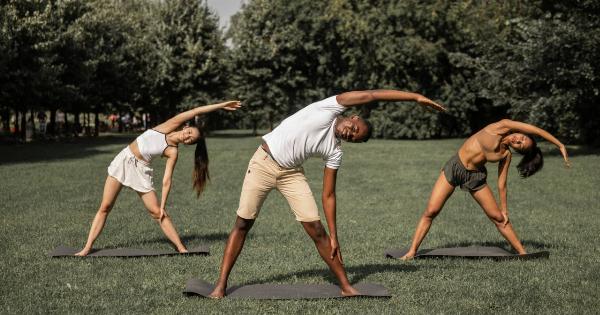Soreness is a common issue that many people experience at some point in their lives. Whether it’s due to physical activity, poor posture, or an underlying medical condition, dealing with soreness can be uncomfortable and frustrating.
However, there are several effective tips and techniques that can help provide relief and promote healing. In this article, we will explore some of the best ways to alleviate soreness and improve your overall well-being.
1. Apply Heat or Cold
One of the easiest and quickest ways to relieve soreness is by applying heat or cold to the affected area. Heat therapy, such as using a heating pad or taking a warm bath, helps to increase blood flow, relax muscles, and reduce stiffness.
On the other hand, cold therapy, such as using an ice pack or taking a cold shower, can help reduce inflammation and numb the area, providing temporary relief.
2. Stretching and Gentle Exercise
Engaging in gentle stretches and exercises can help alleviate soreness and improve flexibility.
Stretching exercises promote muscle relaxation and elongation, while gentle exercises like walking or swimming help increase blood flow and release endorphins, which are natural pain relievers. It’s important to start slowly and gradually increase intensity to prevent further injury.
3. Massage Therapy
Massage therapy is a fantastic way to relieve soreness and promote relaxation. Professional massage therapists use various techniques to target specific areas of soreness and release tension.
Additionally, self-massage tools like foam rollers or massage balls can provide similar benefits at home. Regular massage therapy can help reduce muscle knots, improve circulation, and enhance overall well-being.
4. Take Over-the-Counter Pain Relievers
If soreness is intense or persistent, over-the-counter pain relievers like ibuprofen or acetaminophen can be helpful. These medications help reduce pain and inflammation, providing short-term relief.
However, it’s crucial to follow the recommended dosage and consult a healthcare professional if soreness persists or worsens.
5. Maintain Proper Posture
Poor posture can cause muscle imbalances and contribute to soreness. It’s important to maintain proper posture while sitting, standing, and engaging in activities.
Ensure that your spine is aligned and well-supported, and make frequent posture checks throughout the day. Using ergonomic chairs and pillows can also provide additional support and help alleviate soreness caused by poor posture.
6. Get Sufficient Rest and Sleep
Rest and sleep are essential for the body’s natural healing processes. When you’re feeling sore, it’s important to give your body time to recover. Make sure to get enough sleep each night and listen to your body’s needs.
Avoid engaging in strenuous activities that may worsen soreness or lead to further injury. Resting allows the muscles to repair and regenerate, promoting a faster recovery.
7. Use Topical Treatments
Topical treatments such as pain-relieving creams, gels, or patches can provide targeted relief for sore muscles and joints.
These products usually contain menthol, camphor, or other soothing ingredients that help alleviate soreness when applied topically. They are easy to use and can be conveniently carried in your bag or pocket for on-the-go relief.
8. Stay Hydrated
Dehydration can worsen soreness and delay the healing process. It’s crucial to stay adequately hydrated throughout the day by drinking plenty of water. Water helps lubricate the joints, flush out toxins, and support overall muscle function.
Aim for at least 8 glasses of water per day, and increase your intake if you engage in intense physical activities.
9. Incorporate Anti-Inflammatory Foods
Diet plays a vital role in reducing inflammation and promoting healing. Including anti-inflammatory foods in your diet can help alleviate soreness. Foods rich in omega-3 fatty acids like fatty fish, chia seeds, and walnuts can help reduce inflammation.
Similarly, incorporating fruits and vegetables like berries, leafy greens, and bell peppers, which are packed with antioxidants, can also aid in reducing soreness.
10. Seek Professional Help
If your soreness persists or becomes chronic, it’s important to seek professional help.
A healthcare professional, such as a physical therapist or chiropractor, can provide a thorough evaluation, identify the underlying cause of your soreness, and recommend effective treatments. They may suggest targeted exercises, manual therapy, or other interventions that can help alleviate soreness and improve your overall quality of life.































